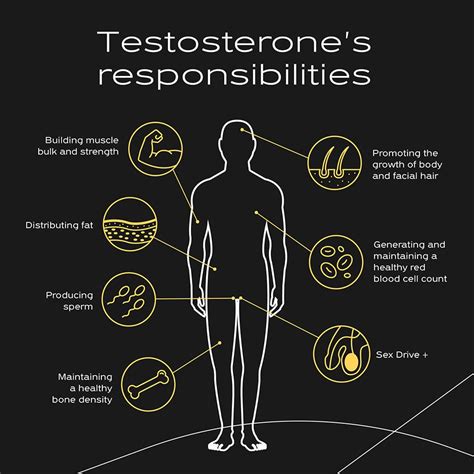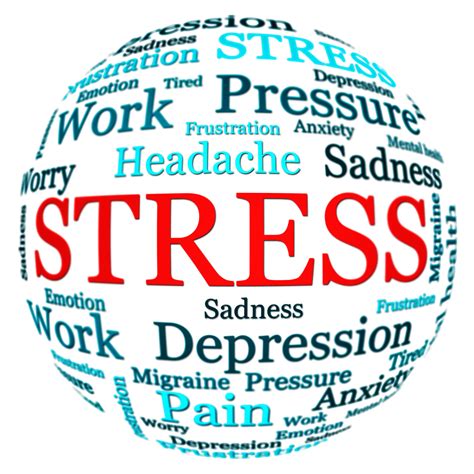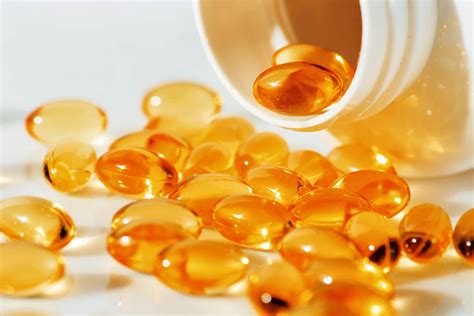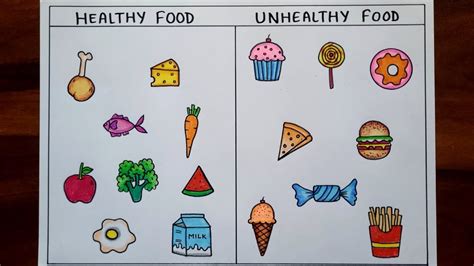Natural ways to boost testosterone for peak male energy & performance?

Understanding Testosterone’s Role in Male Health
Testosterone, often hailed as the cornerstone of male vitality, plays a crucial role far beyond just sexual health. This primary male sex hormone influences everything from muscle mass and bone density to mood, energy levels, and cognitive function. As men age, testosterone levels naturally decline, a process that can lead to symptoms like decreased energy, reduced libido, weight gain, and diminished performance. However, numerous natural strategies can help optimize your body’s testosterone production, allowing you to reclaim peak male energy and overall well-being.

Optimize Your Diet for Hormone Health
What you eat directly impacts your hormone balance. A diet rich in whole, unprocessed foods is fundamental for healthy testosterone levels. Focus on healthy fats, which are essential for hormone production. Avocados, nuts, seeds, olive oil, and fatty fish (like salmon) provide crucial building blocks. Protein intake is also vital for muscle growth and repair, indirectly supporting testosterone.
Equally important is avoiding foods that can negatively impact testosterone. Excessive sugar consumption and highly processed foods contribute to insulin resistance and inflammation, both of which can suppress testosterone. Limiting alcohol intake is also advised, as it can disrupt hormonal balance.
Embrace Strength Training and High-Intensity Interval Training (HIIT)
Exercise is a powerful natural testosterone booster. While all forms of physical activity are beneficial, resistance training (weightlifting) has been shown to be particularly effective. Compound movements like squats, deadlifts, bench presses, and rows engage multiple muscle groups, leading to a greater hormonal response. Aim for 3-4 strength training sessions per week.
High-Intensity Interval Training (HIIT) also offers significant benefits. Short bursts of intense exercise followed by brief recovery periods can stimulate growth hormone and testosterone release. Incorporate HIIT into your routine a couple of times a week for maximum effect.

Prioritize Quality Sleep for Hormonal Balance
Sleep deprivation is a silent assassin for testosterone levels. Studies show that even a week of restricted sleep (less than 5 hours per night) can significantly reduce testosterone levels in healthy young men. Your body produces most of its testosterone during deep sleep cycles. Aim for 7-9 hours of high-quality sleep every night.
To improve sleep hygiene, establish a regular sleep schedule, create a dark and cool bedroom environment, and avoid screens before bedtime. Limiting caffeine and heavy meals in the evening can also contribute to better rest.
Manage Stress to Prevent Testosterone Decline
Chronic stress elevates cortisol, the body’s primary stress hormone. High cortisol levels have a direct inverse relationship with testosterone – as cortisol goes up, testosterone often goes down. Managing stress is therefore crucial for maintaining optimal hormone levels.
Incorporate stress-reducing practices into your daily life. This could include meditation, yoga, deep breathing exercises, spending time in nature, or engaging in hobbies you enjoy. Regular physical activity, as mentioned, is also an excellent stress reliever.

Ensure Adequate Vitamin and Mineral Intake
Certain micronutrients are critical for testosterone production. Vitamin D, often called the “sunshine vitamin,” is strongly linked to testosterone levels. Spending time outdoors in the sun or supplementing (after consulting a doctor) can help maintain adequate levels. Zinc is another vital mineral, essential for numerous bodily functions, including hormone synthesis. Good sources include red meat, shellfish, legumes, and nuts.
Magnesium also plays a role in free testosterone levels. Leafy greens, nuts, seeds, and whole grains are excellent sources.

Lifestyle Adjustments for Sustained Testosterone
Beyond diet and exercise, other lifestyle factors contribute to hormonal health. Minimizing exposure to endocrine-disrupting chemicals found in plastics (BPA, phthalates) and certain personal care products can be beneficial. Maintaining a healthy body weight is also critical, as excess body fat (especially visceral fat) can convert testosterone into estrogen, further lowering levels.
Staying hydrated and avoiding excessive sugar consumption are ongoing efforts that support overall endocrine function and metabolic health.

Conclusion: A Holistic Path to Peak Performance
Boosting testosterone naturally is not about a single magic pill or quick fix; it’s about adopting a holistic approach to health and well-being. By consistently implementing strategies related to nutrition, exercise, sleep, stress management, and smart supplementation, you can significantly influence your body’s ability to produce and utilize testosterone effectively. While these natural methods can be highly effective, it’s always advisable to consult with a healthcare professional before making significant lifestyle changes, especially if you suspect a deficiency or are experiencing severe symptoms. Embrace these changes, and unlock your potential for enhanced energy, vitality, and peak male performance.









